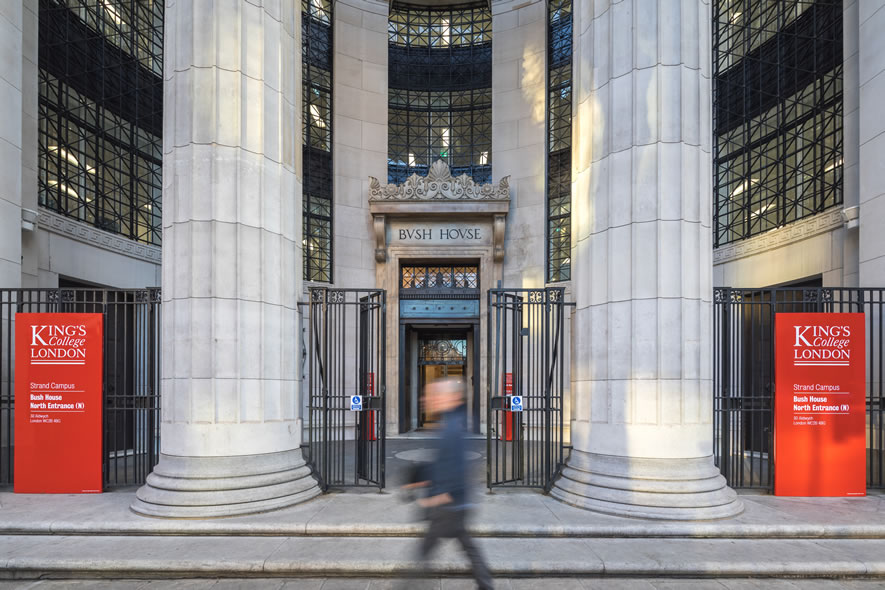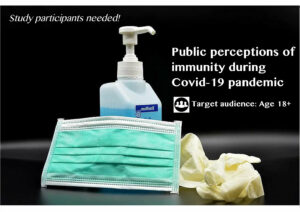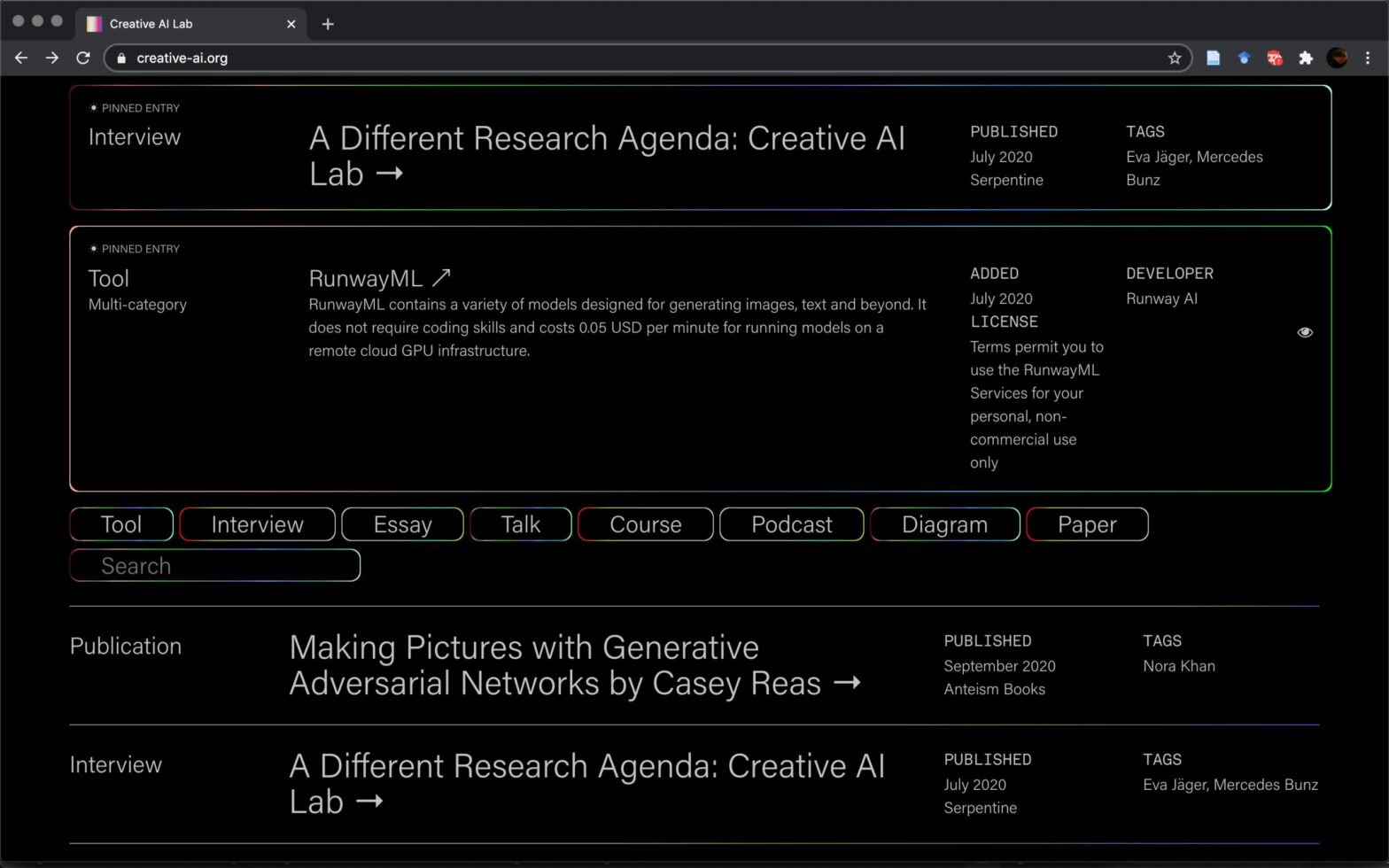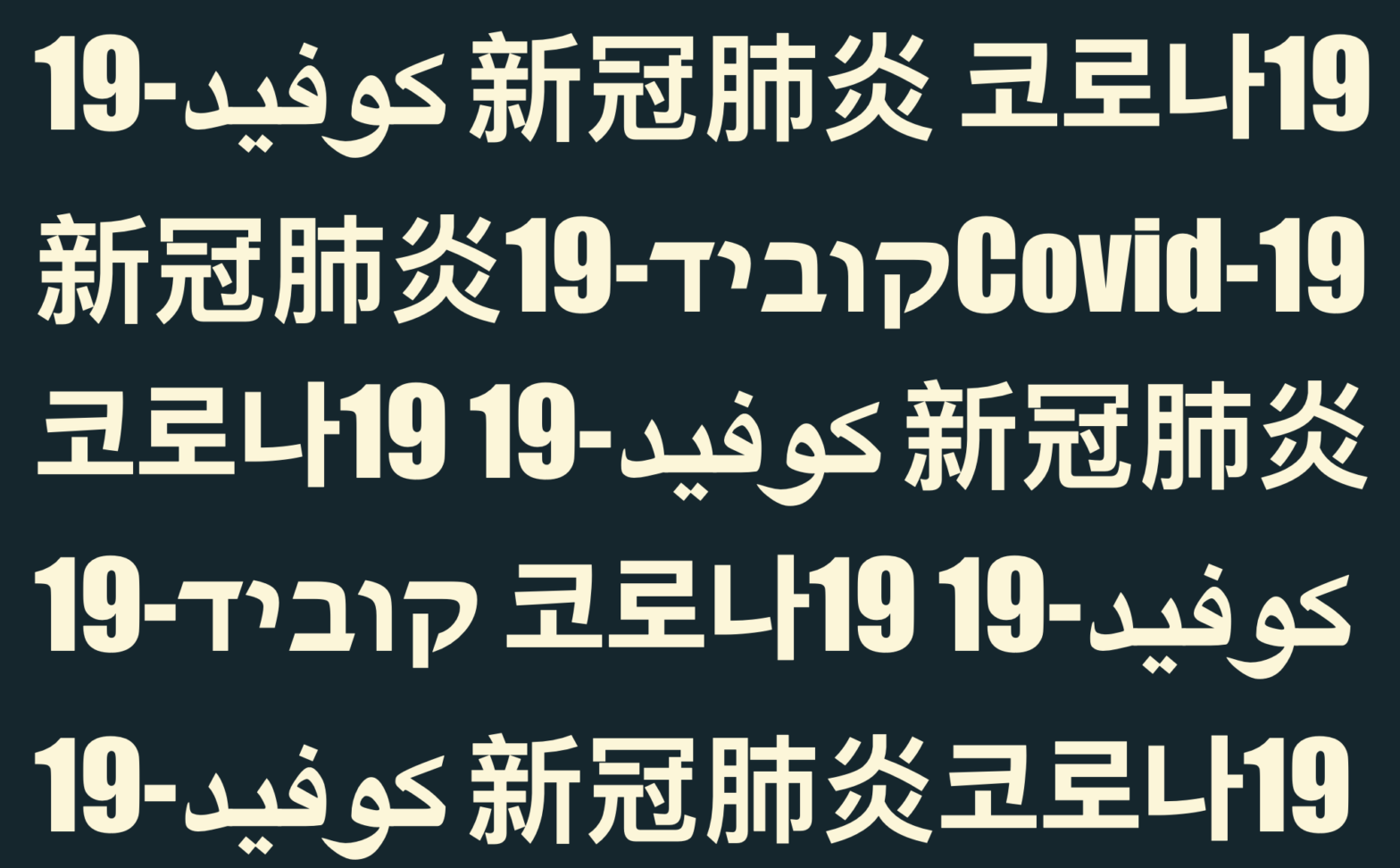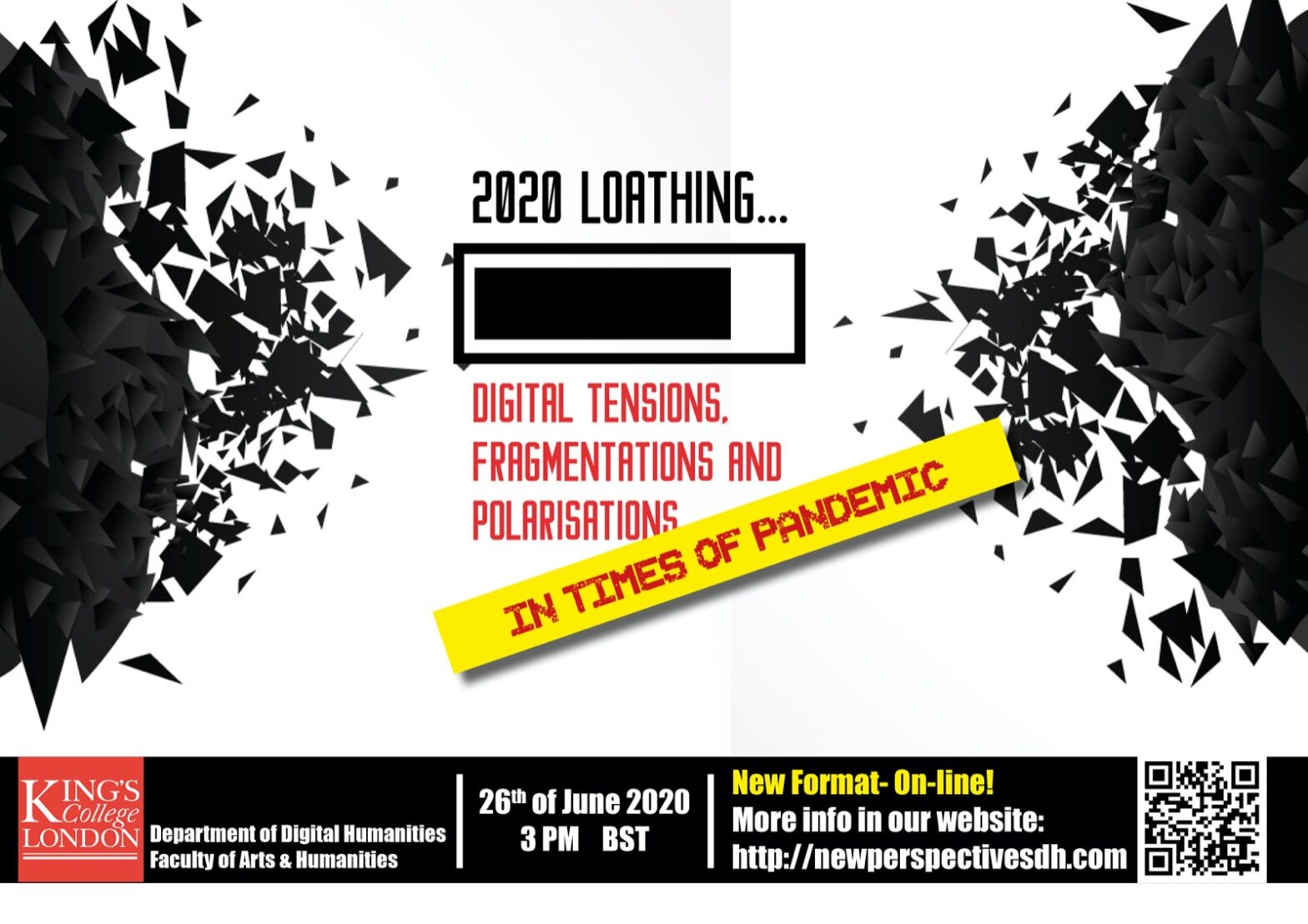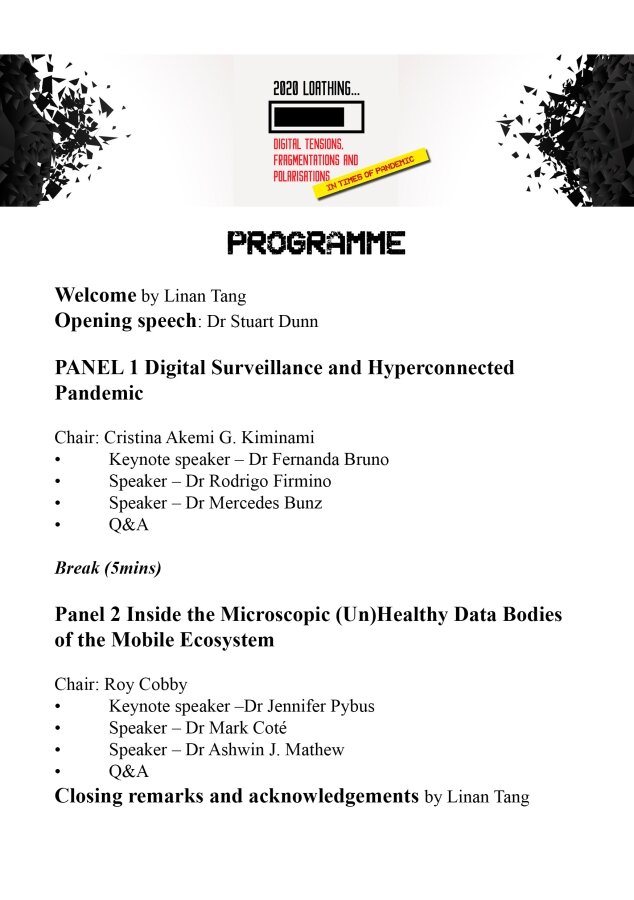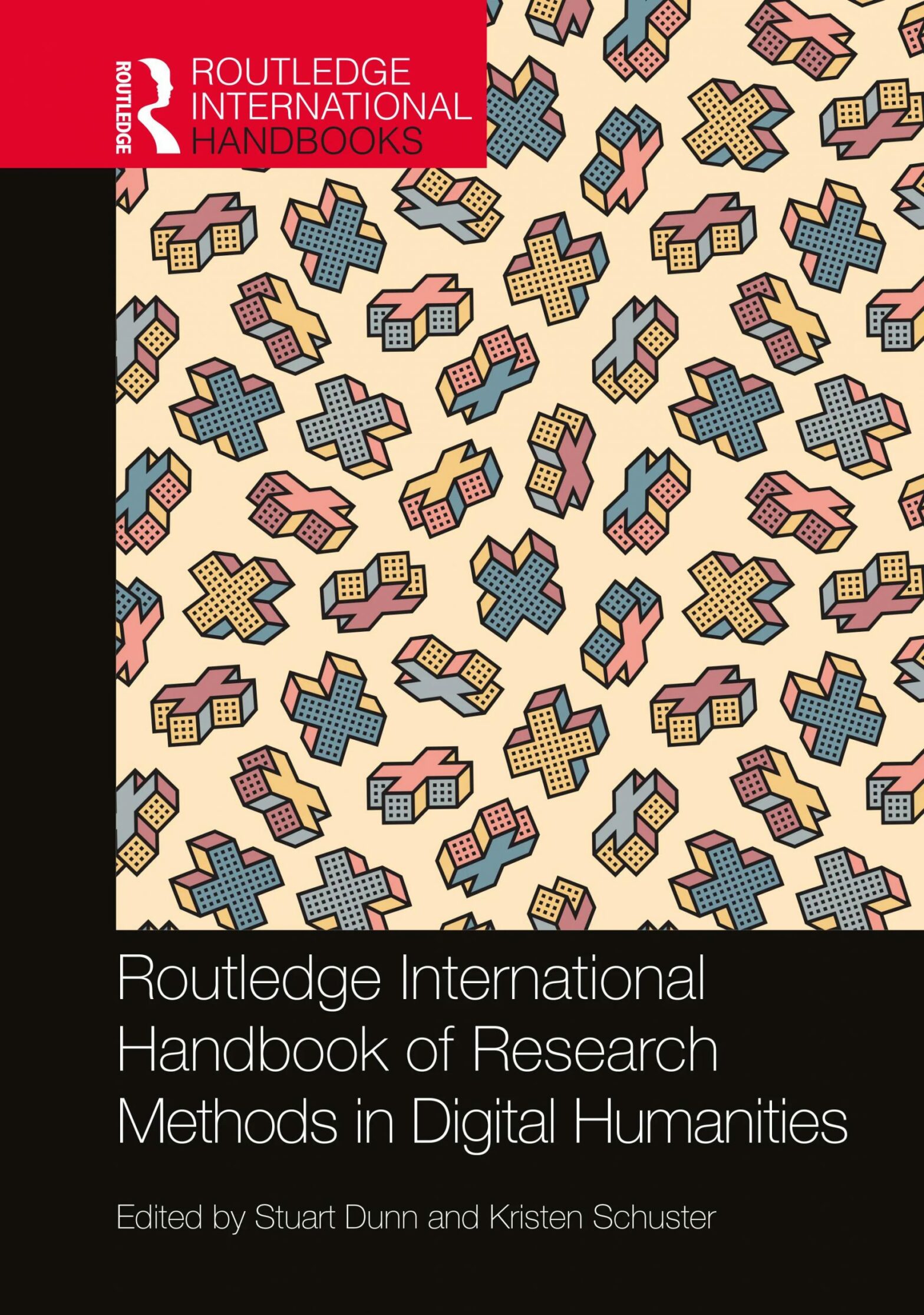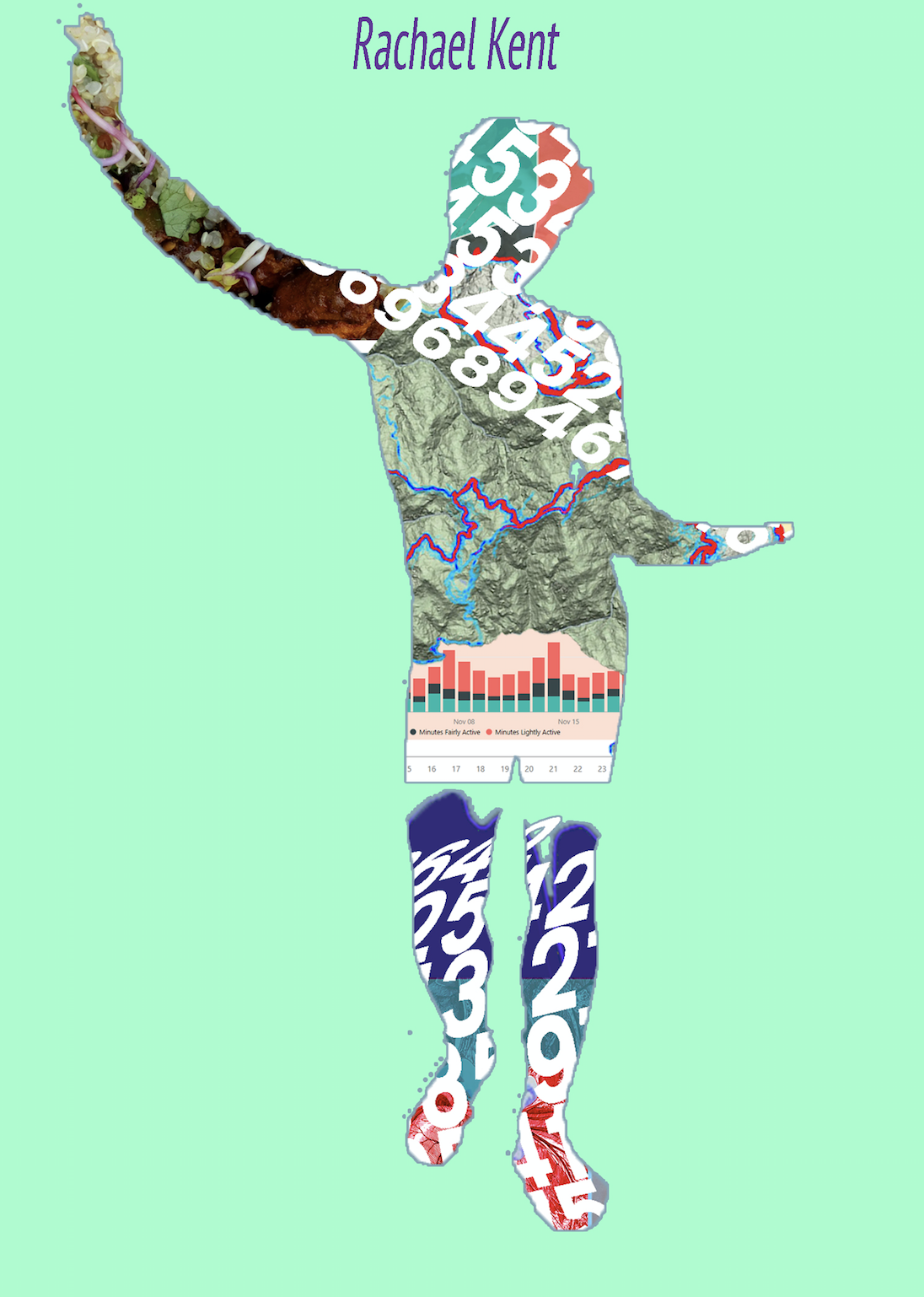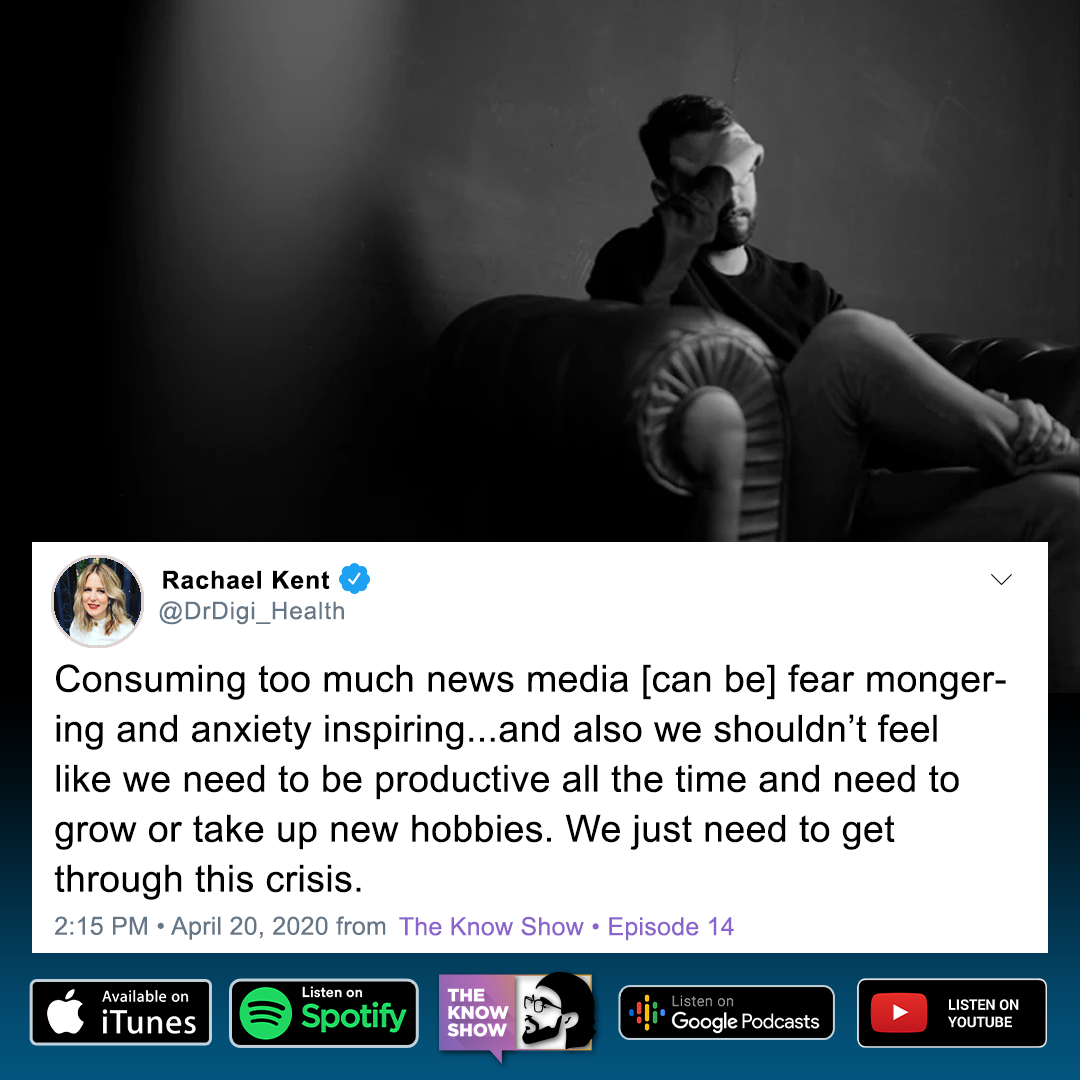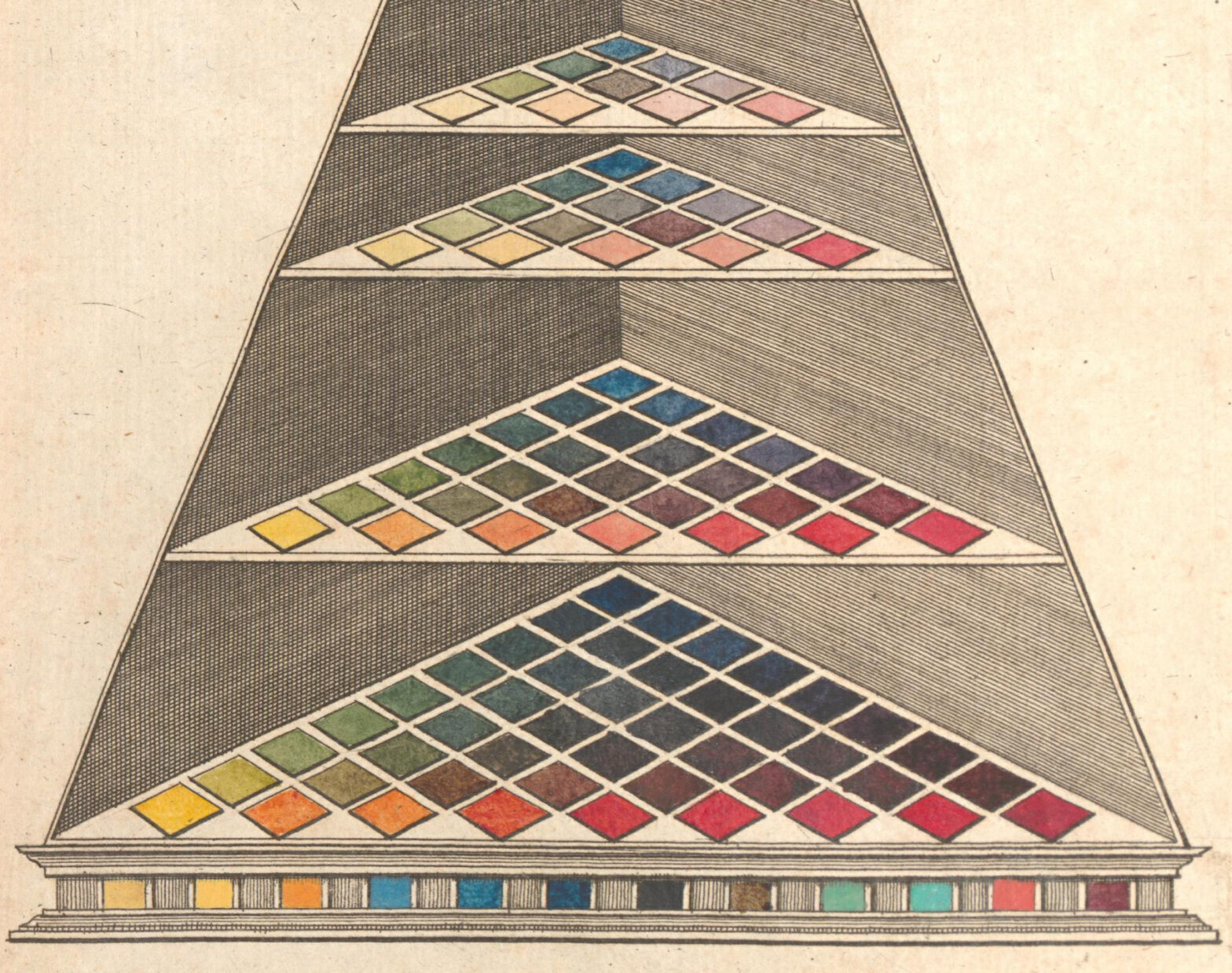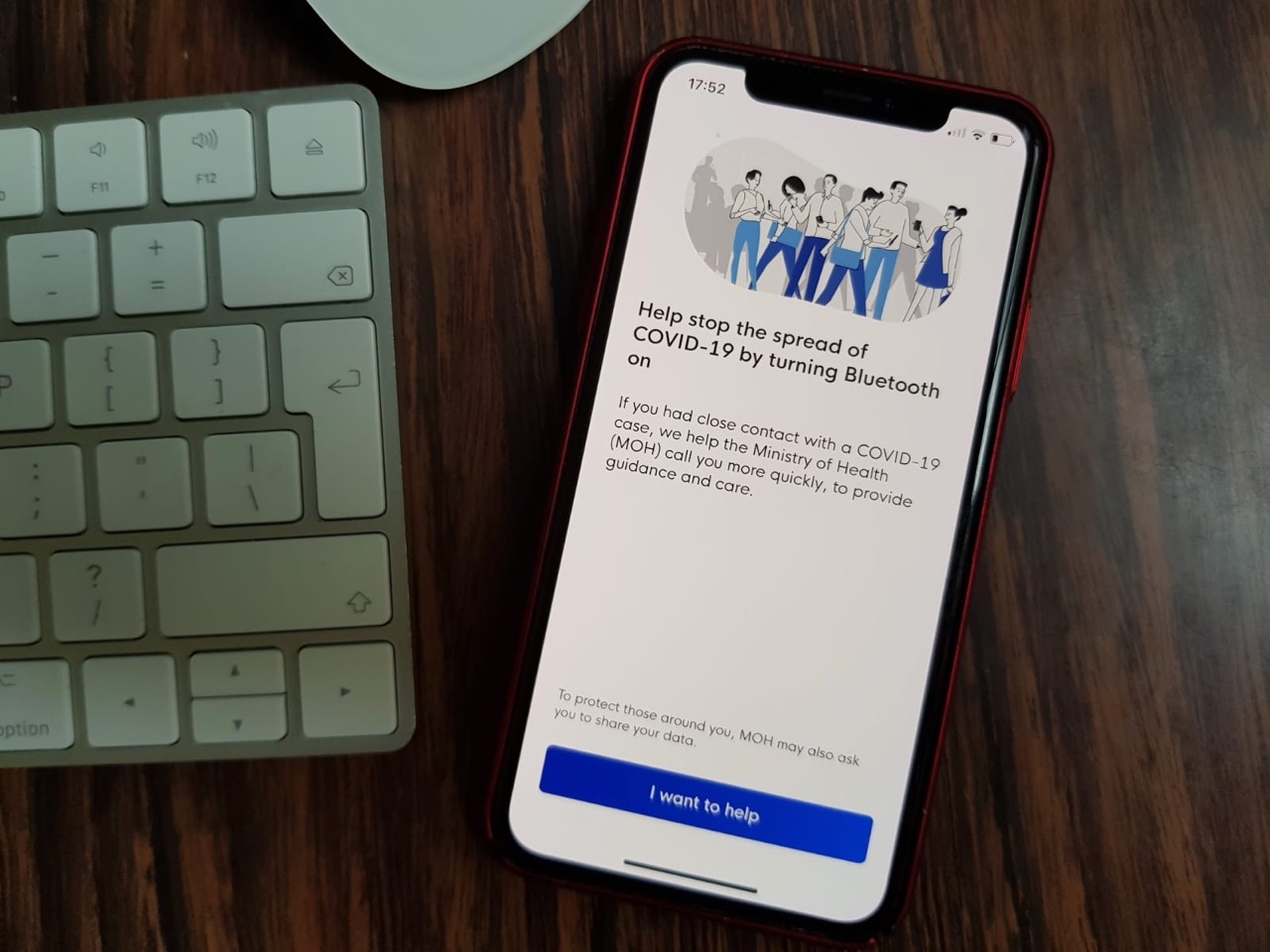The project Language Acts and Worldmaking, funded by the Art and Humanities Research Council (AHRC) under its Open World Research Initiative (OWRI), has been awarded funding by King’s College London’s King’s Together Coronavirus Rapid Response fund, for its proposal, ‘Worldmaking in the Time of Covid-19‘. ‘Worldmaking in the Time of Covid-19’ seeks to analyse the ways in which COVID-19 has been narrated across the world. We are currently data mining news items from English, French, Spanish, Portuguese, German, Italian, Russian, Hebrew, Korean, Japanese, Mandarin and Arabic speaking countries, and momentarily using digital tools to compare and analyse how the pandemic has been narrated. The project provides valuable insights into the global narrative of COVID-19.
________________________________________________________
On 31 Dec 2019 the Wuhan Municipal Health Commission, China, reported a cluster of cases of pneumonia in Wuhan, Hubei Province. Since then, the media have followed every step of this journey. From the time the virus was first identified (SARS-CoV-2) to the time the disease was named (COVID-19), specific codes played a central role in how the pandemic was narrated.
Science journalism is a Newsbeat that traditionally acts as an arena for creating meaning and offering scientific and technical knowledge that contributes to the debate and criticism of the information that is being disseminated and made available to the public.
At its heart, science journalism is largely about translation —the translation from one language to itself; of otherwise jargon-heavy language into digestible bite-size information to the lay public, allowing them to make informed decisions. Thus, in responding to the question of COVID-19, understanding the language in the news is essential for understanding the world around us and is particularly important in the communication of health threats and the perception of risks.
We seek to examine how Language, as the central medium for transcultural knowledge and the fundamental player in a globalised society, is being used to articulate narratives and shape discourses around the COVID-19 pandemic in the newsroom. As agents of worldmaking, news media have a specific role to play in the formation of theoretical collectives (Neumann and Zierold, 2010), as well as the dissemination of news and opinions. And the current pandemic has been an interesting case study: it is global, politicised, and almost omnipresent.
From Fake News to strain on the political and administrative authorities, it has affected a wide range of news items well beyond its scientific knowledge. Moreover, the COVID-19 pandemic has not been treated the same around the world, and therefore it has not been narrated the same. The multiple languages of the pandemic have revealed novelties: they have expanded our lexicon with new expressions such as the Covidiota (Portuguese), Covidengue (Spanish), Dracula cough/ Dracula sneeze (English), Hamsterkauf (German) or On-nomi (Japanese). The media has been an inexorable source of neologism and new expressions.
But they have also allowed for politicians to frequently speak of the pandemic in words and phrases that underestimated the situation in the world. The president of Brazil, for example, said that Covid-19 was nothing more than a “little cold“; while in the US, Donald Trump recurrently called the coronavirus the “Chinese virus“.
Language is not neutral. Language has a worldmaking power (Goodman, 1978) that shapes how we see the world, and consequently, hateful language can spread fear and anger. It is, therefore, necessary to consider the implications of particular associations with this disease. For example, the symbolic association of the “Chinese virus” is different from that of COVID-19. It has consequences on a social and political level, as is evident from various violent attacks on Chinese or Asian-looking individuals as we have seen in this country.
The news media provides insights into the current pandemic. They offer access to pertinent and comprehensive information, giving people different aspects of this virus crisis through their very specific lenses. As a mediator, they are also exposing possible discoveries that may change society and the way it exists.
“Language Acts and Worldmaking is uniquely placed to offer significant insights into its global narration”. We are working with a multi-disciplinary team to engage scholarship in Modern Languages, Digital Humanities, Linguistics and History, and to examine how COVID-19 has been told in the world.

